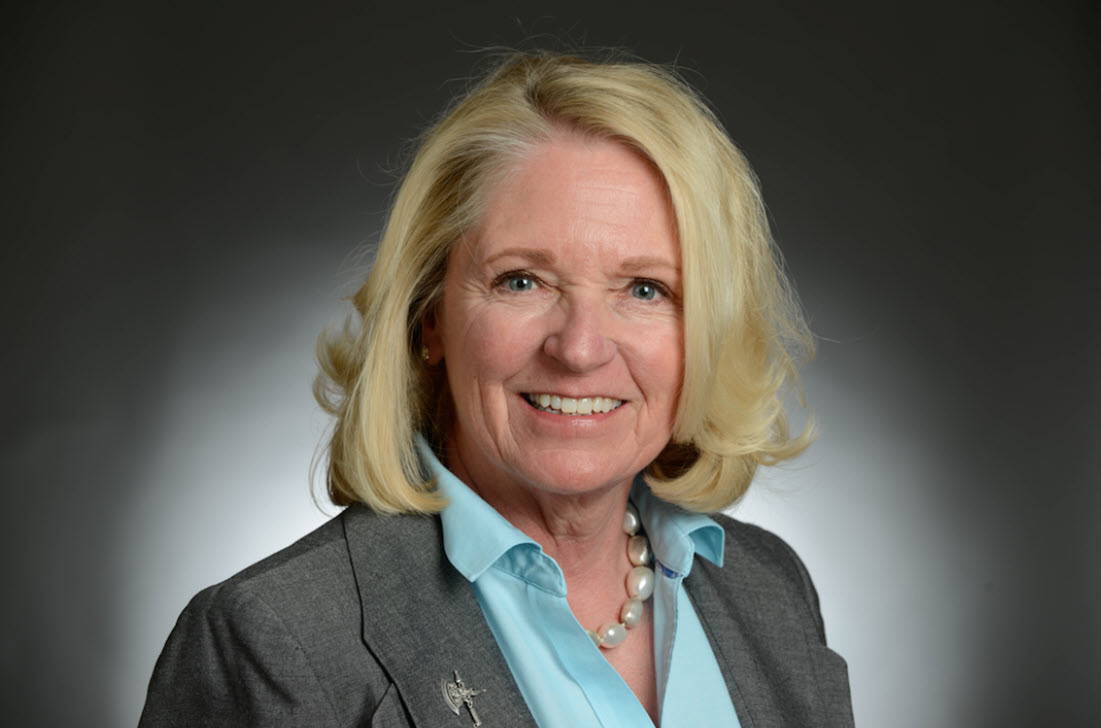The Lasting Legacy of a Medical Home

Jennifer Lail, MD, FAAP
December 13, 2021
It was a sunny, Carolina-blue sky on a Saturday in November when I returned to Chapel Hill Pediatrics and Adolescents, where I practiced for 31 years — this time to volunteer at the new COVID-19 vaccine clinics for children ages 5-11.
Chapel Hill Peds was the medical home for my children, and has been for countless others since 1959, even before the concept and language of an accessible, coordinated partnership with pediatricians, families and medical staff was crafted in 1967 and codified by AAP policy statements in 1992 and 2002. Walking through those doors again flooded my brain with memories of children healed, loving families, tragic losses, amazing staff, dedicated physicians, and long hours of work and nights on call.
But there was no time for serious reflection. The waiting room began to fill with masked families, many beloved stuffed animals, and wide-eyed children, who knew a shot was on the agenda. Led by pediatrician Dr. Mary Braithwaite, the staff and administration had their processes mapped out to vaccinate as many children as possible while social distancing, screening for allergic risks, and obtaining consent from parents.
As I took a deep breath, a staff member asked, “Do you remember me?” After showing me the photo of her 6-foot-tall son and her grown-up teenage daughter — former patients of mine — she directed me to my first little vaccine candidates. I introduced myself to skeptical-looking 6- and 8-year-old siblings as their parents handed me signed consents and expressed their relief at being able to protect their kids.
“Will it hurt?” the kids asked. “I don’t want to go to the hospital.” Only minutes later, with reassurance and a parent hug, everyone had a Scooby-Doo band-aid (even the stuffed animals) and now brave children boasted, “That was easy!” Clutching their vaccine cards, they headed out to promised treats and soccer games, with the new hopefulness of protection from the vaccines and the resumption of their learning, playing, and friendship routines.
The Chapel Hill Peds team fell into a rhythm of educating, vaccinating, observing. We gave more than 400 vaccines that day, including booster doses to parents and grandparents, and an occasional flu shot, all color coded to assure accurate dosing. I was honored to work side-by-side with two nurses who were former patients of mine.
“Over and over, parents thanked us for giving the vaccines in a familiar place full of trusted and friendly faces.”
Over and over, parents thanked us for giving the vaccines in a familiar place full of trusted and friendly faces. They told us they were grateful to be able to discuss the vaccine with providers they knew, and who knew their child and their family. Parents who had come to Chapel Hill Peds as children proudly introduced me to their own children, often with a grandparent along — and documented the visit with cellphone photos.
As we cleaned up at the end of the day, I was humbled by the continuous, coordinated, compassionate care and the protection given to these children. These clinics, as well as acute care, would continue at nights and on weekends for ease of access along with ongoing well-child care and chronic care management.
In 2008, Chapel Hill Peds earned Patient and Family Centered Medical Home Certification from the National Committee on Quality Assurance. That data collection, documentation, and system-level improvement was worthwhile, but no certificate can adequately capture the true legacy of the medical home: mutual respect and trusted relationships over time between primary care teams, children, families, and their community.
And such dedication is not unique, I know. So many pediatricians and their staffs work hard to ensure they also provide a secure, comfortable, and trusted medical home for their patients. This is something we all can strive to achieve for our patients and their families. Offering your time, second-language fluency, data entry, people-navigation, or clinical skills can support a practice near you as this massive vaccine effort is carried out at a medical home.
If you’re interested in learning more about administering the COVID-19 vaccine in your practice, find a collection of AAP resources here.
Trusted relationships are the hallmark of our field— and yes, I’ll be volunteering for more weekend vaccine clinics.
*The views expressed in this article are those of the author, and not necessarily those of the American Academy of Pediatrics.
About the Author
Jennifer Lail, MD, FAAP
Jennifer Lail, MD, FAAP, is a semi-retired general pediatrician who consults on quality improvement in systems of care for children with chronic and complex conditions. She also advises on the AAP National Resource Center for Patient/Family-Centered Medical Home.